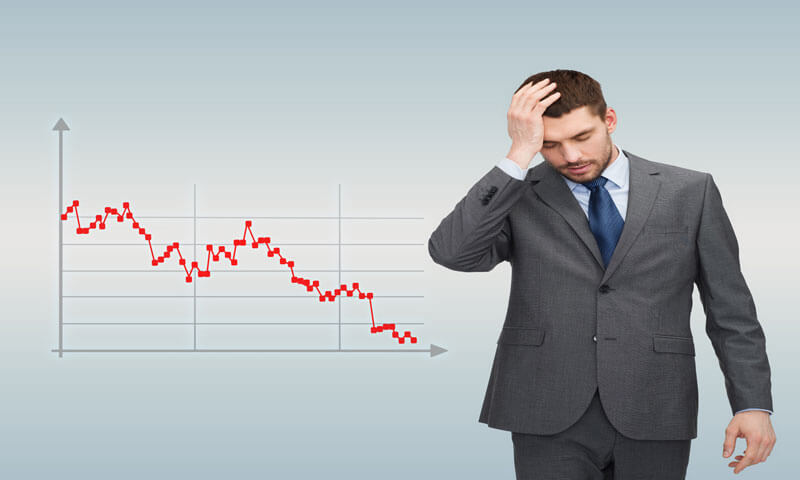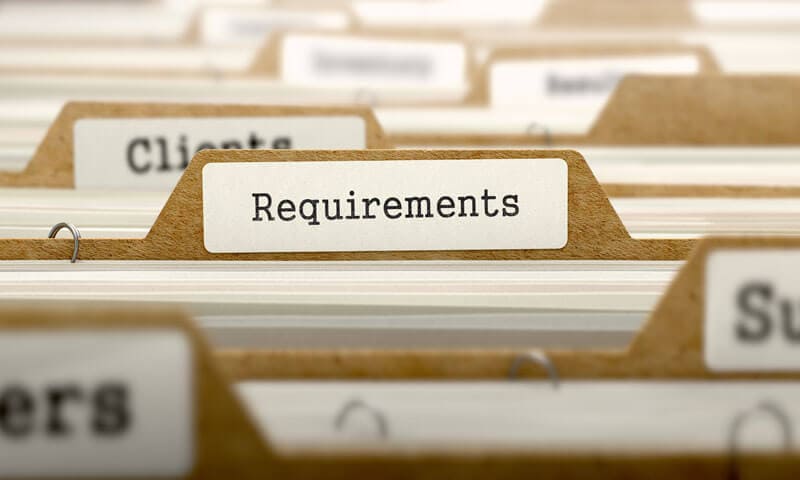
Introduction: The Cost of Capitulation
The American legal system is facing an existential test.
In a sweeping campaign of executive retaliation, the Trump administration is targeting major law firms based on who they represent, the causes they support, and their internal diversity or ESG policies. Through a series of executive orders and federal investigations, firms once viewed as untouchable pillars of the legal establishment are being pressured into submission—or publicly punished for resisting.
And while most Biglaw firms have folded with barely a fight, a new class of defenders has emerged: legal academics, particularly at institutions like the University of Virginia School of Law, who are holding the line when the stakes are highest.
Get An Unfair Advantage In Your Career With BCG Attorney Search-Upload your resume to receive matching jobs at top law firms in your inbox.
The Weaponization of Executive Power Against Law Firms
Since returning to the presidency, Donald Trump has transformed personal grievances into federal policy. His administration has issued executive orders targeting:
- Law firms providing pro bono services for immigrants, reproductive rights, and voting access.
- Firms representing clients opposed to Trump’s political agenda.
- Firms maintaining Diversity, Equity, and Inclusion (DEI) commitments or ESG-aligned practices.
These actions are not grounded in neutral legal principles or legitimate government interests. They are retaliatory in nature—designed to punish dissent, chill advocacy, and intimidate institutions into political compliance.
A Chilling Shift: When Biglaw Chooses Profit Over Principle
The response from Biglaw has been overwhelmingly disappointing.
Major Firms That Have Capitulated:
- Paul, Weiss, Rifkind, Wharton & Garrison LLP: Issued a public letter distancing itself from past representations and aligning with Trump-era policies.
- Skadden, Arps, Slate, Meagher & Flom LLP: Agreed to a $100 million settlement after being targeted for its pro bono work.
- Willkie Farr & Gallagher LLP and Milbank LLP: Quietly surrendered to pressure, opting for compliance over constitutional confrontation.
Next in Line?
- Kirkland & Ellis LLP, the country’s largest law firm by revenue, is reportedly preparing to follow suit.
These developments represent a profound ethical failure. Rather than defending their clients, employees, and constitutional principles, these firms are opting to protect profits and reputations. The legal industry’s most powerful players are failing to meet the moment.
Introducing the Biglaw Spine Index: Tracking the Industry’s Response
In response to this ongoing crisis, Above the Law launched an accountability project called Biglaw Spine Index for tracking how every firm in the Am Law 200 is reacting to this legal and political pressure.
Each firm is categorized based on its response:
- Folding – Capitulating to executive pressure through settlements, public statements, or policy changes.
- Fighting – Taking legal action, joining amicus briefs, or speaking out against the administration’s overreach.
- Silent – Offering no public comment or legal resistance while quietly attempting to avoid scrutiny.
Want to know if you’re earning what you deserve? Find out with LawCrossing’s salary surveys.
The Biglaw Spine Index includes each firm’s gross revenue and profits per equity partner—a reminder of the immense resources these firms have, and the shameful contrast between their wealth and their lack of courage.
The Bottom Line: These firms could fight back—and many know how—but are choosing not to.
Academia Steps Up: UVA Law Professors Defend the Rule of Law
While Biglaw retreats, a different corner of the legal world is rising to meet the threat.
At the University of Virginia School of Law, a group of professors has publicly denounced Trump’s executive orders as unconstitutional and unethical. Their letter, widely circulated among legal professionals, makes clear:
- Retaliating against legal advocacy violates the First Amendment.
- Weaponizing executive power against lawyers undermines due process and judicial independence.
- The legal profession has a duty to resist, not accommodate, authoritarianism.
In standing firm, UVA Law’s faculty echo the moral clarity of legal academics during past moments of crisis—from McCarthyism to the Trump-era travel bans. Their message is simple: lawyers must be allowed to represent unpopular clients without fear of government reprisal.
The Legal and Constitutional Stakes Couldn’t Be Higher
The executive orders in question appear to violate several foundational legal principles:
1. First Amendment Protections
Targeting firms for their client base or political advocacy infringes on free speech and the right of association.
2. Due Process
Investigations and penalties based on vague, politically motivated criteria threaten the rule of law and legal predictability.
3. Separation of Powers
When the executive branch punishes its legal critics, it blurs the lines between law enforcement and political vendetta.
The failure of major firms to challenge these actions risks normalizing executive overreach, eroding public trust, and politicizing the legal system.
The Divide: Professors vs. Partners
This moment has laid bare a deep ethical rift in the legal profession.
- Law professors, with no profit motive, are defending democratic values and calling out unconstitutional behavior.
- Law firm leaders, backed by billions in revenue and political influence, are choosing to stay quiet—or worse, submit.
This stark contrast is not going unnoticed by law students, young attorneys, and the public. The long-term implications for professional credibility and recruitment could be severe.
What Comes Next: Will the Legal Profession Find Its Voice?
The path forward remains uncertain. But the choices are becoming clearer:
- Will any major firm challenge these executive orders in court?
- Will professional bodies like the ABA or state bars take a stand?
- Will the judiciary act to constrain this use of executive power?
Until then, it’s professors—and a few brave corners of the legal media—who are defending the Constitution.
Conclusion: A Defining Test for the Legal Profession
This isn’t just about law firms or executive orders. It’s about what kind of legal system America will have in the years to come.
If lawyers cannot represent their clients freely, if law firms choose cowardice over constitutionality, and if silence becomes the profession’s default response to injustice—then the very foundation of the legal system will erode.










































